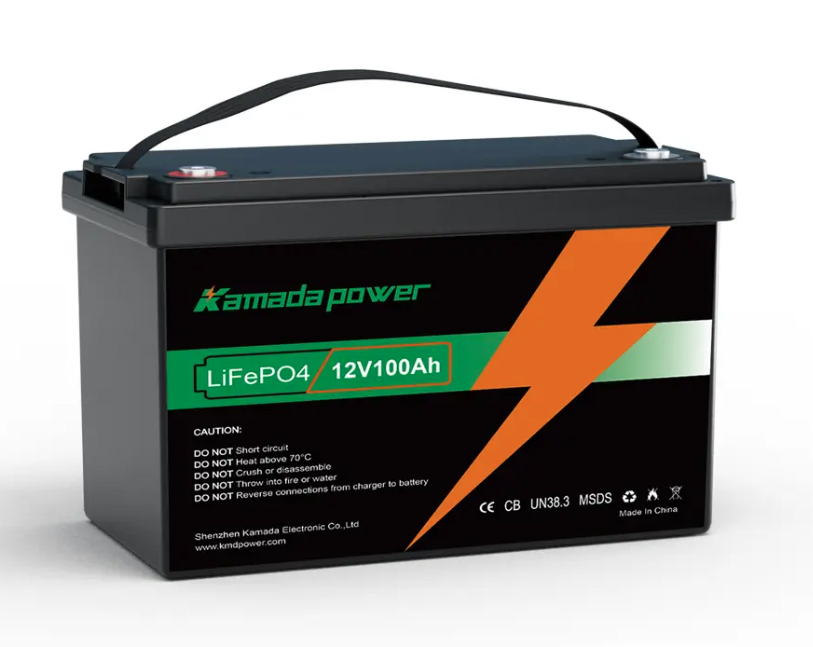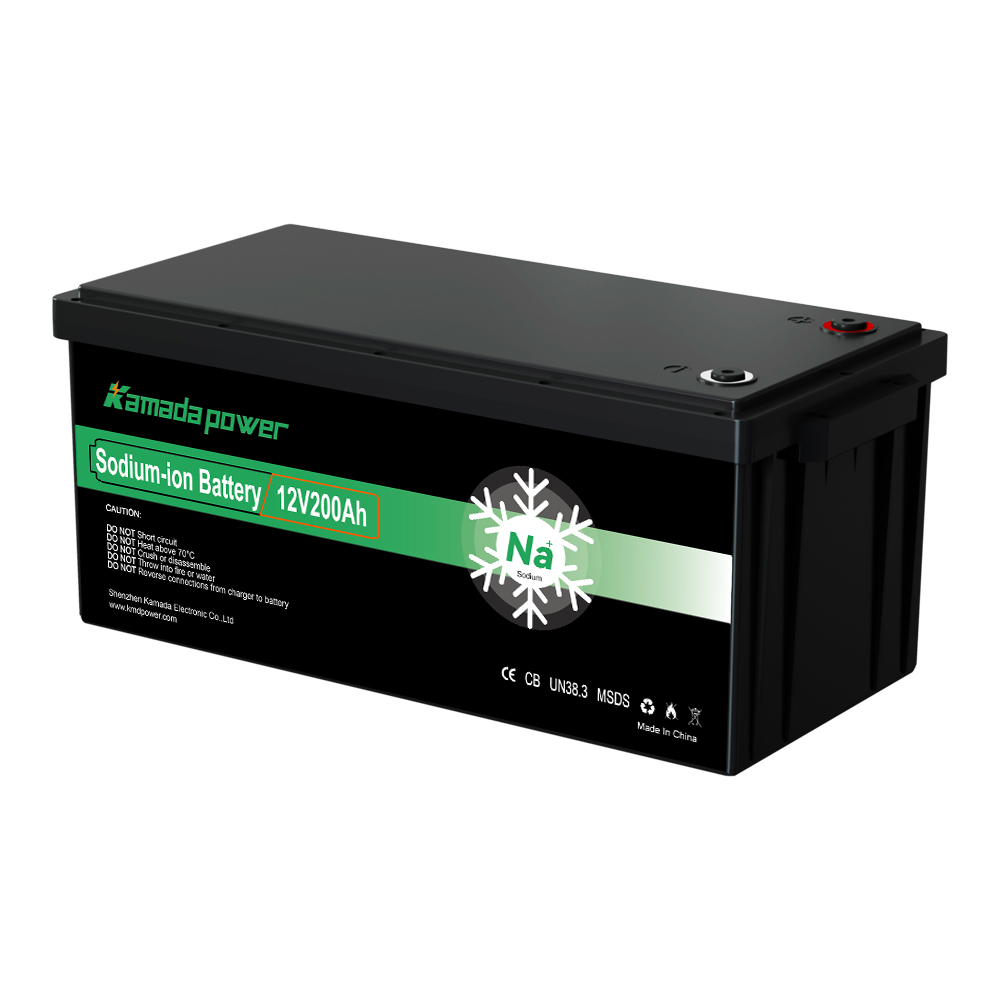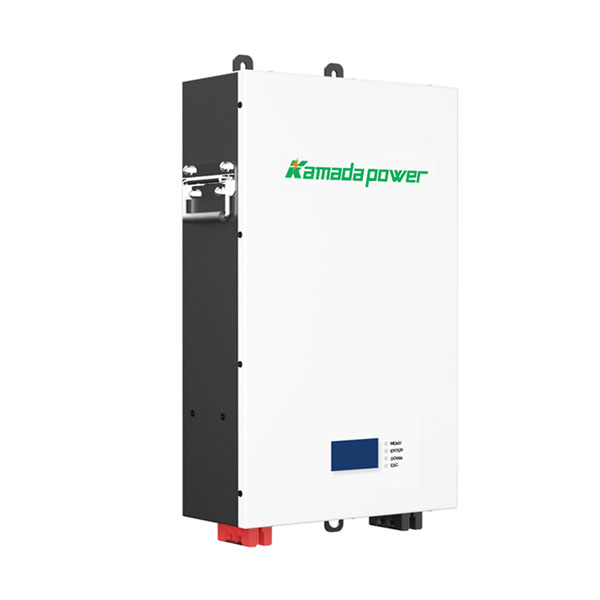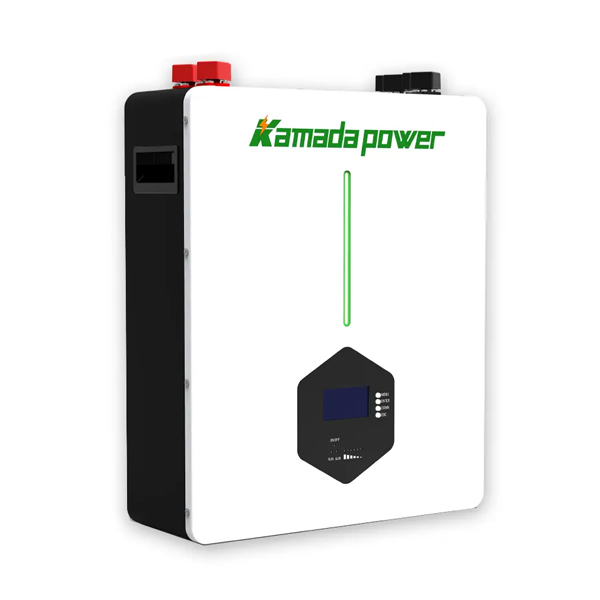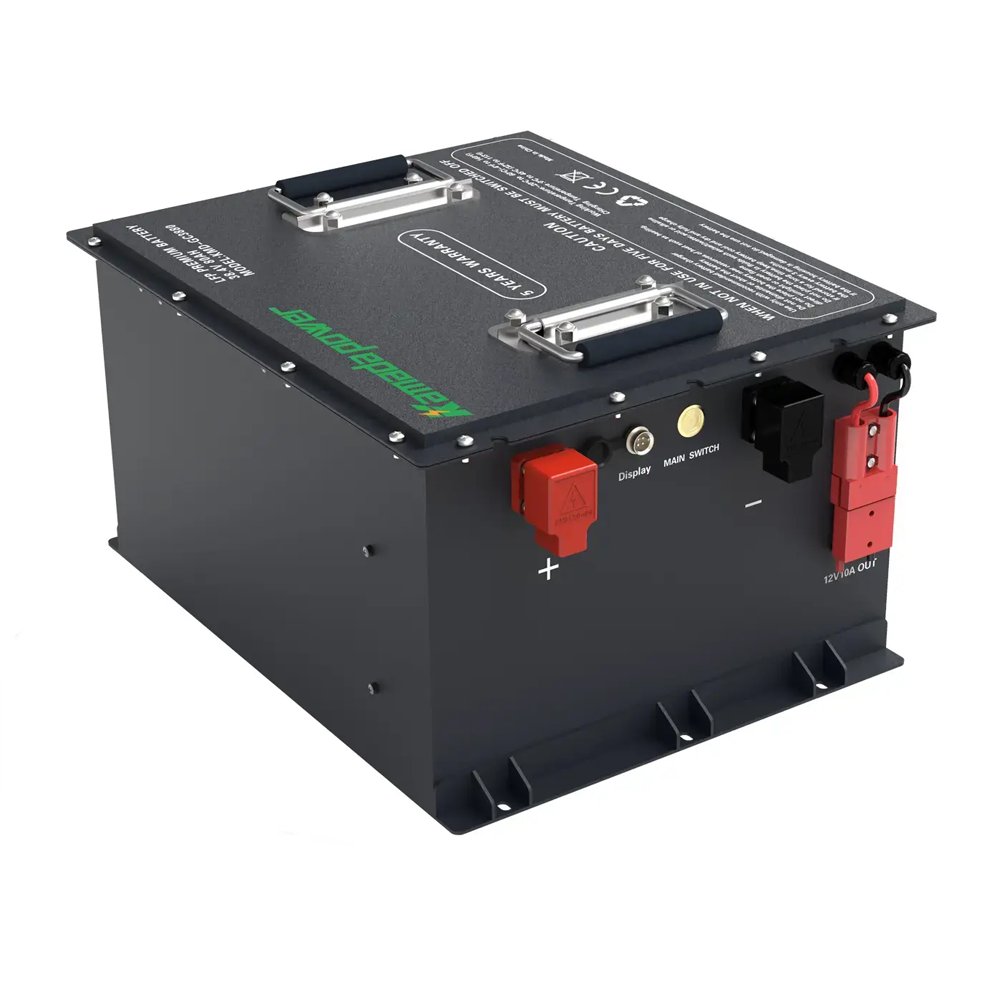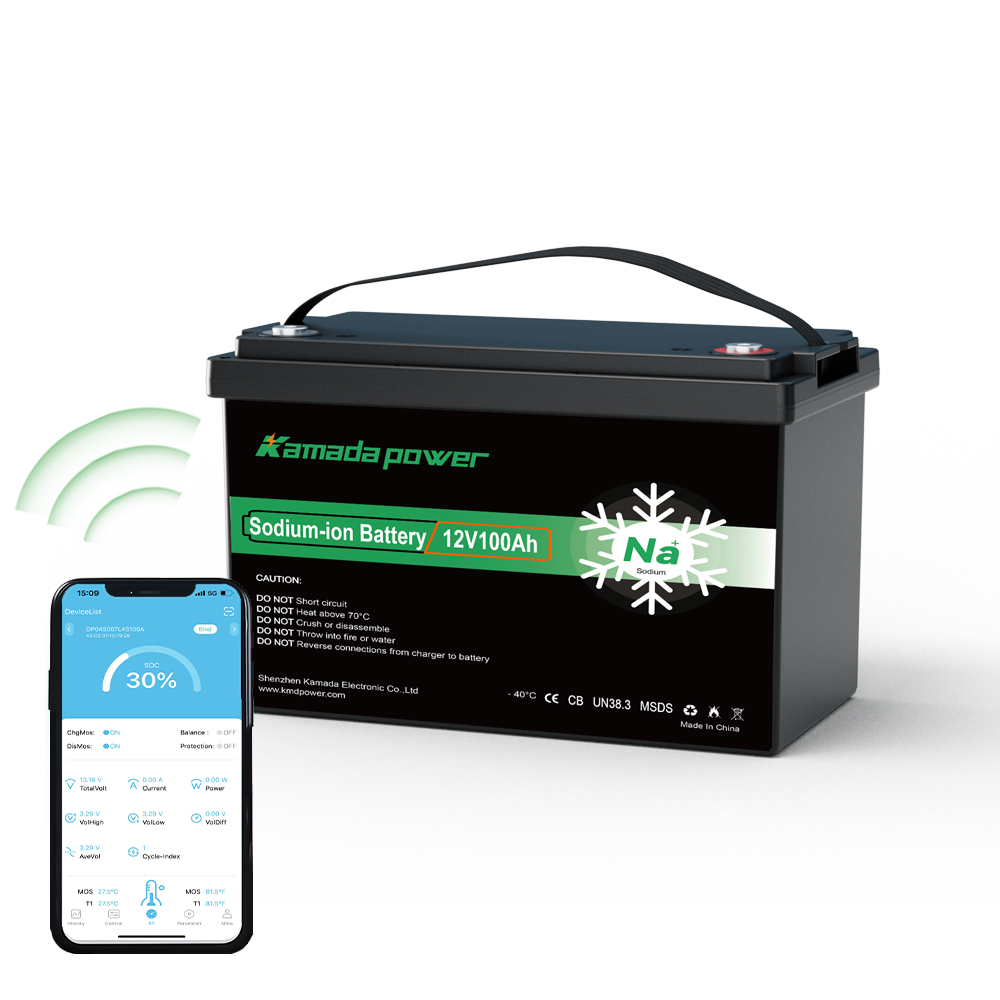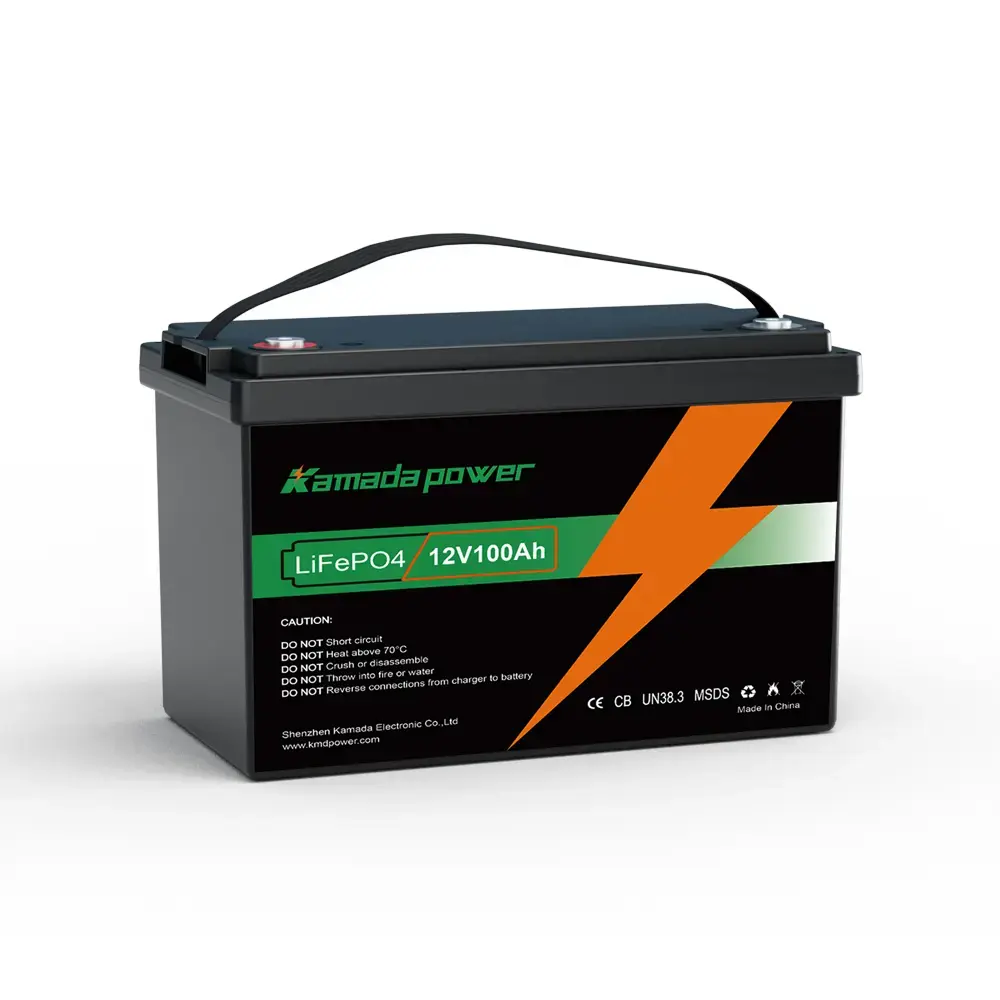In the realm of lithium battery setups, a common dilemma arises: Is it more advantageous to opt for two 100Ah lithium batteries or a single 200Ah lithium battery? In this article, we will explore the advantages and considerations of each option to help you make an informed decision.
The use of two 100Ah Lithium Battery
The use of two 100Ah lithium batteries offers several advantages. Primarily, it provides redundancy, offering a fail-safe mechanism where the failure of one battery does not compromise the entire system’s functionality. This redundancy is invaluable in scenarios requiring uninterrupted power supply, ensuring continuity even in the face of unexpected battery malfunctions. Additionally, having two batteries allows for enhanced flexibility in installation. By placing the batteries in different locations or using them for different applications, users can optimize spatial utilization and customize the setup to meet their specific needs.
The use of one 200Ah Lithium Battery
Conversely, opting for a single 200Ah lithium battery simplifies the setup, making management and maintenance easier by consolidating all power storage into one unit. This streamlined approach appeals to individuals seeking a hassle-free system with minimal upkeep and operational complexity. Furthermore, a single 200Ah battery may offer superior energy density, resulting in extended operational durations and potentially reducing the overall weight and spatial footprint of the battery system.

Comparison Table
| Criteria | Two 100Ah Lithium Batteries | One 200Ah Lithium Battery |
|---|---|---|
| Redundancy | Yes | No |
| Installation Flexibility | High | Low |
| Management & Maintenance | More Complex | Simplified |
| Energy Density | Lower | Potentially Higher |
| Cost | Potentially Higher | Lower |
| Spatial Footprint | Larger | Smaller |
Energy Density Comparison
When evaluating the energy density of 100Ah and 200Ah lithium batteries, it’s essential to understand that energy density is a critical factor affecting battery performance. Higher energy density batteries, typically ranging from 250-350Wh/kg for higher-end options, can store more energy in a smaller space. In comparison, batteries with lower energy density, usually in the range of 200-250Wh/kg, may offer shorter run times and higher weight.
Cost-Benefit Analysis
Cost-effectiveness is a pivotal consideration when choosing between these battery configurations. While two 100Ah batteries may offer redundancy and flexibility, they might also be more cost-effective compared to a single 200Ah battery. Based on current market data, the initial cost per kWh for 100Ah lithium batteries is generally in the range of $150-$250, whereas 200Ah lithium batteries may range from $200-$300 per kWh. However, it’s crucial to consider long-term maintenance costs, operational efficiency, and battery lifespan to make an informed decision.
Environmental Impact
In the context of sustainability and environmental considerations, the choice between battery configurations also has implications. Lithium batteries typically have a longer lifespan, ranging from 5-10 years, and a high recyclability rate exceeding 90%, compared to traditional lead-acid batteries with a lifespan of 3-5 years and lower recyclability. According to the U.S. Environmental Protection Agency (EPA), lithium batteries have a lower environmental impact compared to traditional lead-acid batteries. Therefore, selecting the right battery configuration not only affects performance and cost but also plays a role in environmental stewardship.
Considerations
When deciding between the two options, there are a few factors to consider. Firstly, evaluate your power requirements. If you have high power demands or need to run multiple devices simultaneously, two 100Ah batteries may provide more power and flexibility. On the other hand, if your power needs are moderate and you prioritize simplicity and space-saving, a single 200Ah battery may be a better fit.
Another aspect to consider is cost. Generally, two 100Ah batteries may be more cost-effective than a single 200Ah battery. However, it’s important to compare the prices and quality of the specific batteries you are considering to make an accurate cost assessment.
Conclusion
In the realm of lithium battery configurations, the choice between two 100Ah batteries and a single 200Ah battery depends on a nuanced evaluation of individual requirements, operational preferences, and budgetary constraints. By carefully weighing the advantages and considerations associated with each option, users can determine the most suitable configuration to effectively and efficiently meet their power storage needs.

